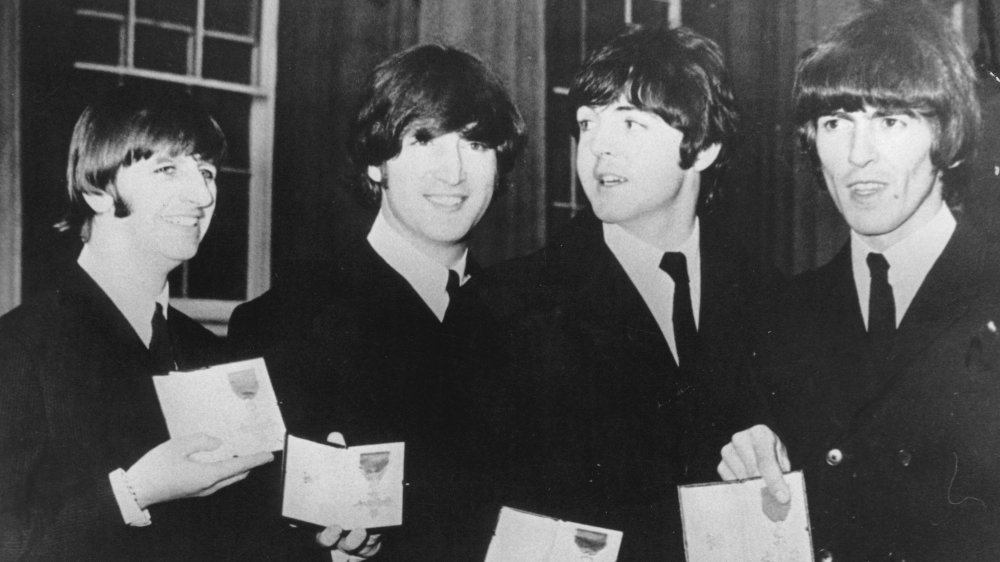
About the Song
There are songs that entertain, and then there are songs that heal. “Blackbird,” released in 1968 on The Beatles’ White Album, belongs firmly in the latter. Written by Paul McCartney during a time of great social unrest, the song carries a message far greater than its soft melody suggests. It is, at its core, a song of hope, freedom, and the quiet, powerful awakening of the soul.
With nothing but Paul’s voice, an acoustic guitar, and the subtle tap of his foot keeping time, “Blackbird” strips away everything but truth. The lyrics are simple, yet profound:
“Blackbird singing in the dead of night / Take these broken wings and learn to fly…”
It’s a call to rise from pain, to reclaim dignity, and to find light in the darkest hours.
Though often interpreted as a poetic love song, McCartney later revealed that “Blackbird” was inspired by the struggles of the American Civil Rights Movement—an anthem of quiet solidarity with those fighting for equality. Yet its message reaches far beyond politics or time. For anyone who has felt broken, unseen, or unheard, the song offers something deeply personal: a promise that healing is possible.
Over the years, “Blackbird” has become more than just a Beatles song—it’s become a hymn for resilience. And in Paul’s delicate fingerpicking and steady voice, there’s a kind of peace that wraps around the listener like a soft blanket on a cold night.
Whether you’ve carried this song with you for decades or are hearing it for the first time, “Blackbird” remains a quiet masterpiece—one that reminds us, even in silence, we still have wings.